Drawing Clock Test
Drawing Clock Test - What is the clock drawing test? Web you can select ‘i accept’ to consent to these uses or click on ‘manage preferences’ to review your options and exercise your right to object to legitimate interest where used. Web how you can use the clock drawing test (cdt) you can use the cdt as an assessment tool, an educational tool, a monitoring tool, and a planning tool. It involves drawing a clock on a piece of paper with numbers, clock hands, and a specific time. The clock drawing test is a cognitive test that evaluates how well the brain is working. The inability to draw a normal clock can be a sign of dementia or traumatic brain injury. Monitor decline in progressive neurological conditions. 2) place the numbers on the clock. 3) draw hand pointing to a given time. 1) draw a clock face. This nonverbal screening tool involves drawing a clock on a piece of paper with numbers, clock hands, and a specific time. Web you can select ‘i accept’ to consent to these uses or click on ‘manage preferences’ to review your options and exercise your right to object to legitimate interest where used. Equipment required includes a blank sheet of paper,. What is a cognitive test? However, it lacks sensitivity for the diagnosis of early or mild dementia. Indicate the top of the page. Alzheimer's disease and progressive dementia. This nonverbal screening tool involves drawing a clock on a piece of paper with numbers, clock hands, and a specific time. A cognitive test checks for problems with your mental function (how your brain processes thoughts). What is a cognitive test? Rubin, barr, and burton ( 2005) reported that the cdt appears in the top 40 tests most commonly used by neuropsychologists. The test typically consists of two phases: The inability to do so is a strong indication of mental decline. Like all cognitive screening tests, it is designed to detect early brain changes to determine if an individual. Web instructions for the clock drawing test: Alzheimer's disease and progressive dementia. 1) draw a clock face. It is a reliable screening tool for cognitive dysfunction, particularly for dementia. Equipment required includes a blank sheet of paper, a sheet of paper with a clock on one side, a. Alzheimer's disease and progressive dementia. Instruct patient to draw numbers in the circle to make the circle look like the face of a clock and then draw the hands of the clock to read 10. Blank sheet of paper and a. However, it lacks sensitivity for the diagnosis of early or mild dementia. Detect early signs of dementia. 3) draw hand pointing to a given time. Web how you can use the clock drawing test (cdt) you can use the cdt as an assessment tool, an educational tool, a monitoring tool, and a planning tool. The test involves answering simple questions. Indicate the top of the page. Over the past 20 years, the cdt has aroused considerable interest in its role for the early screening of cognitive impairment, especially in dementia. The test involves answering simple questions and performing simple tests. It takes less than a minute to do, and since it taps into many cognitive functions (e.g., planning, organization, attention,. Assess specific cognitive abilities in people with neurological impairment. Monitor decline in progressive neurological conditions. 2) place the numbers on the clock. Web the clock draw test (cdt) is a simple but effective way to assess your brains ability to plan and reason, because these are required to draw a normal clock. 1) draw a clock face. The inability to do so is a strong indication of mental decline. It may predict dementia in people with mild cognitive impairment (mci), and it has been shown to identify cognitive problems in people with parkinson's disease and other neurodegenerative disorders. Rubin, barr, and burton ( 2005) reported that the cdt appears in the top 40 tests most commonly used. Over the past 20 years, the cdt has aroused considerable interest in its role for the early screening of cognitive impairment, especially in dementia. It involves drawing a clock on a piece of paper with numbers, clock hands, and a specific time. Web the clock drawing test (cdt) is a simple neuropsychometric instrument that can be easily applied to assess. It takes less than a minute and can serve as an excellent screening tool for cognitive impairment, dementia, and brain insults of. Web the clock draw test (cdt) is a simple but effective way to assess your brains ability to plan and reason, because these are required to draw a normal clock. This nonverbal screening tool involves drawing a clock on a piece of paper with numbers, clock hands, and a specific time. Rubin, barr, and burton ( 2005) reported that the cdt appears in the top 40 tests most commonly used by neuropsychologists. Detect early signs of dementia. 3) draw hand pointing to a given time. It is a reliable screening tool for cognitive dysfunction, particularly for dementia. Alzheimer's disease and progressive dementia. The test involves answering simple questions and performing simple tests. Equipment required includes a blank sheet of paper, a sheet of paper with a clock on one side, a. It is also less affected by language, culture, and education than many other tests. As a library, nlm provides access to scientific literature. The cdt is often considered to be a visuoconstructional test. Consists of interviewer asking individuals to: However, it lacks sensitivity for the diagnosis of early or mild dementia. Web instructions for the clock drawing test: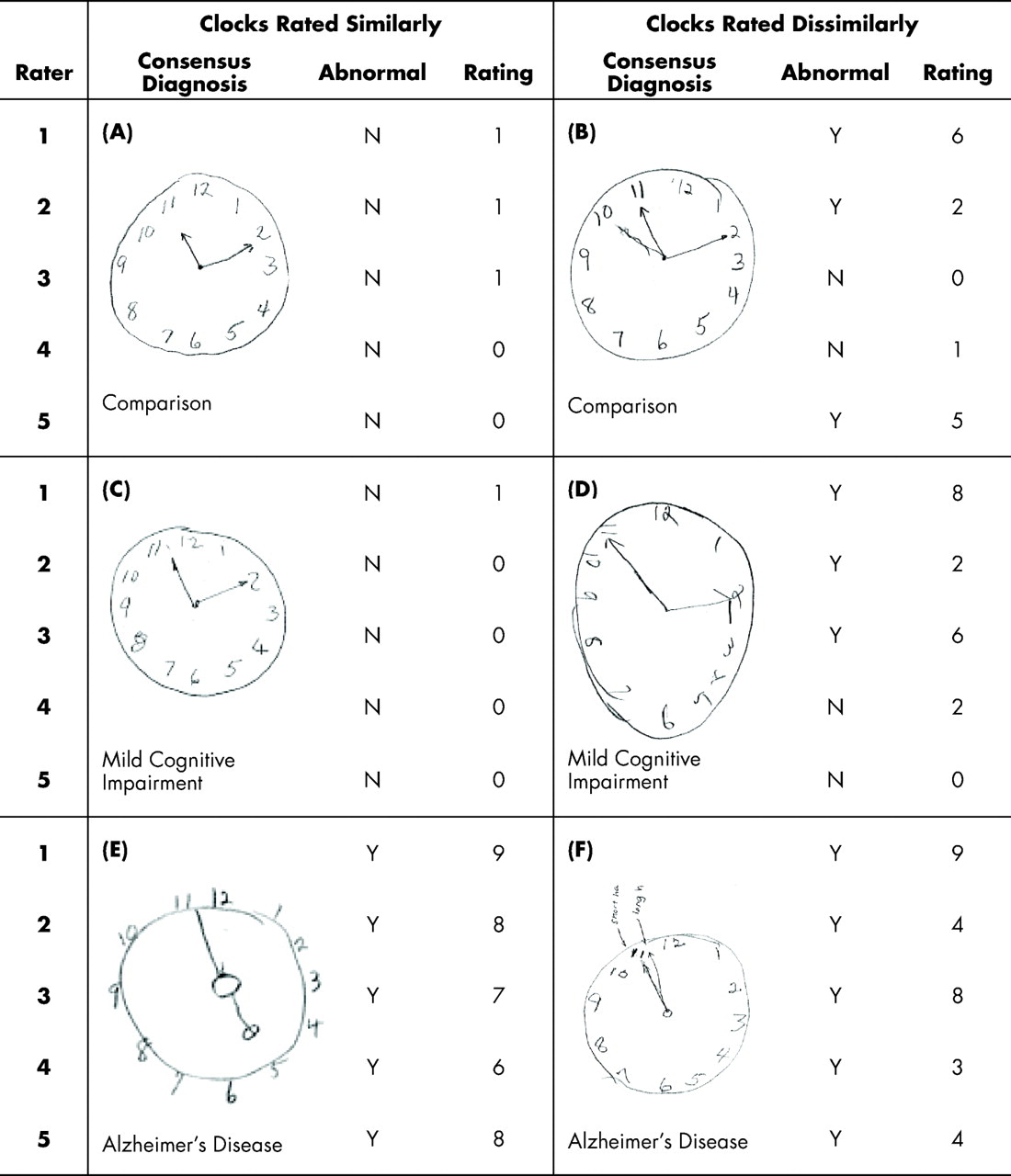
Clock Drawing Test Ratings by Dementia Specialists Interrater
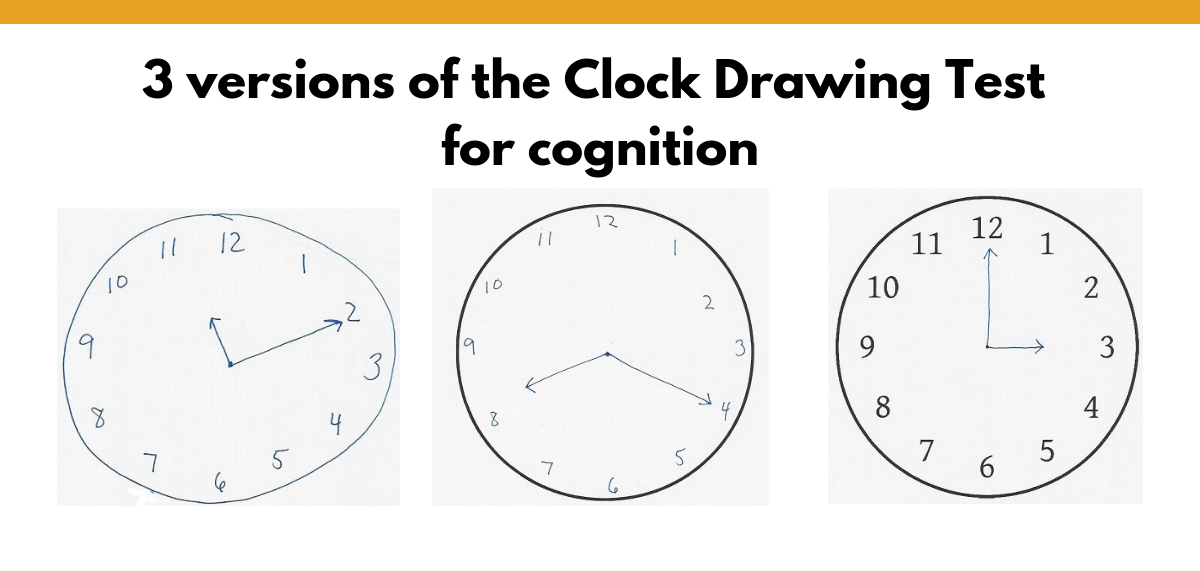
3 versions of the Clock Drawing Test for cognition

Clock Drawing Test Interpretation Pdf Tutor Suhu
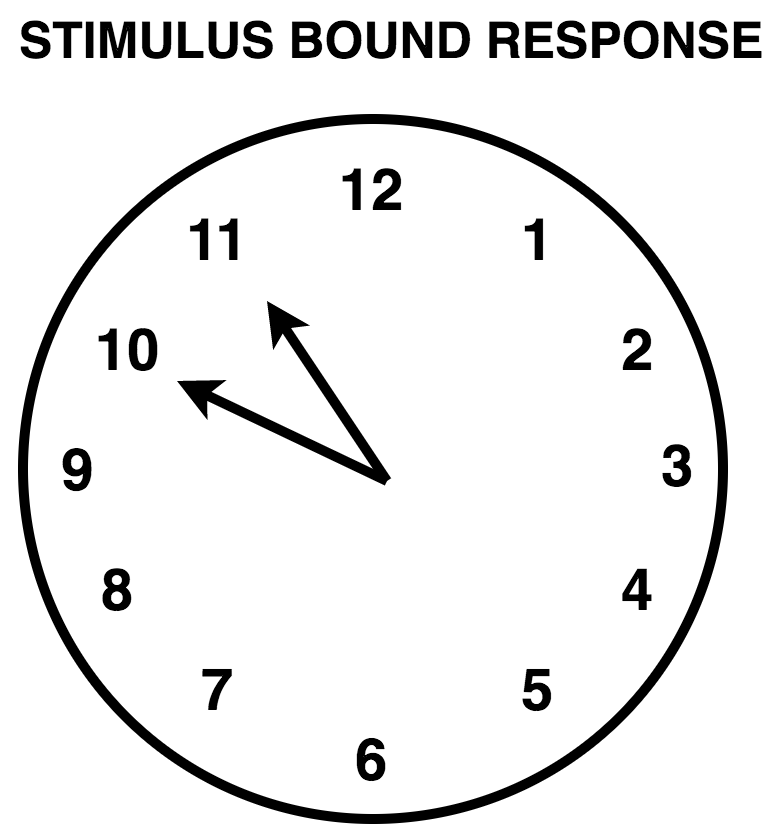
ClockDrawing Test (CDT) PsychDB
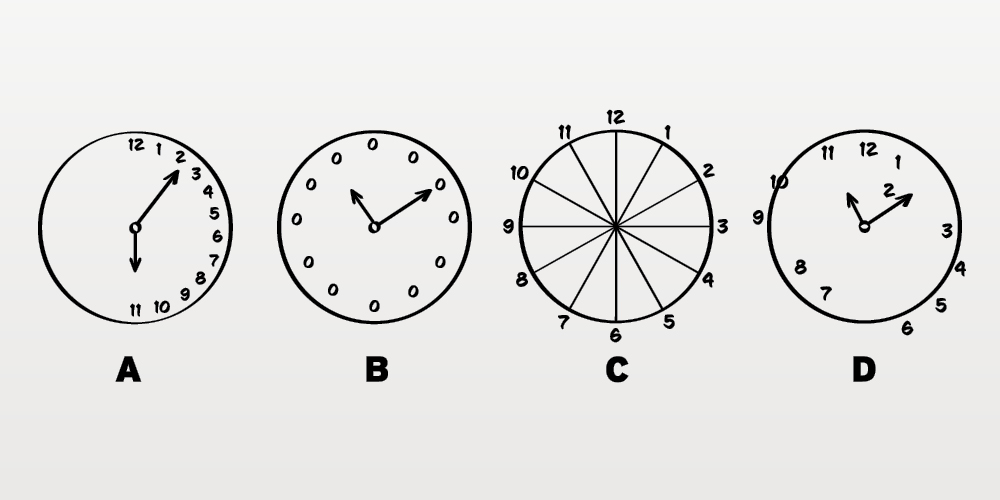
Baycrest Foundation The Clock Drawing Test A Quick and Effective

Clock drawing test dementia YouTube
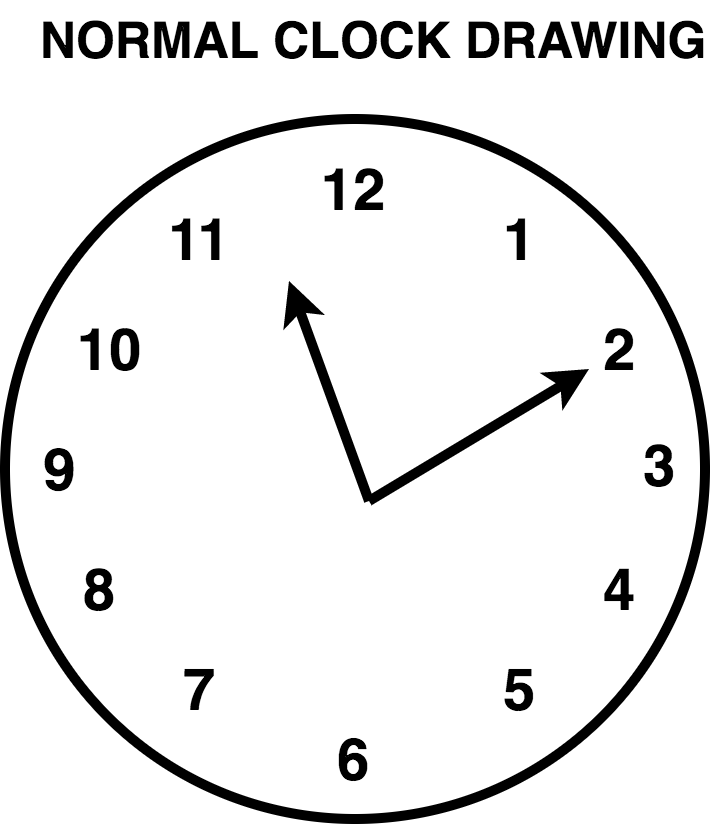
ClockDrawing Test (CDT) PsychDB
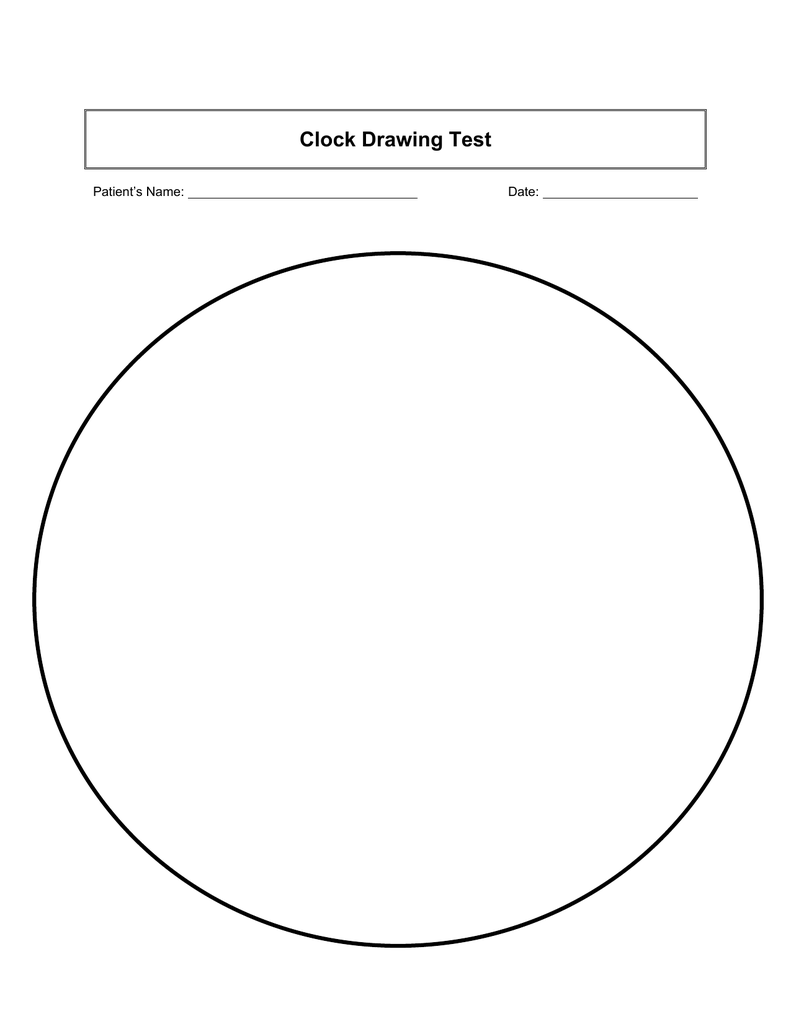
Printable Clock Drawing Test Printable Word Searches

Clock Drawing Test For The Dementia Patient

The Clock Drawing Test and Dementia Doctor Dementia and the Dementia
Web How You Can Use The Clock Drawing Test (Cdt) You Can Use The Cdt As An Assessment Tool, An Educational Tool, A Monitoring Tool, And A Planning Tool.
Several Different Cdt Scoring Methods Have Been Developed, But No Consensus Has Been Reached Regarding Which Scoring Method Is The Most Accurate.
Blank Sheet Of Paper And A Pencil.
Instruct Patient To Draw Numbers In The Circle To Make The Circle Look Like The Face Of A Clock And Then Draw The Hands Of The Clock To Read 10.
Related Post: